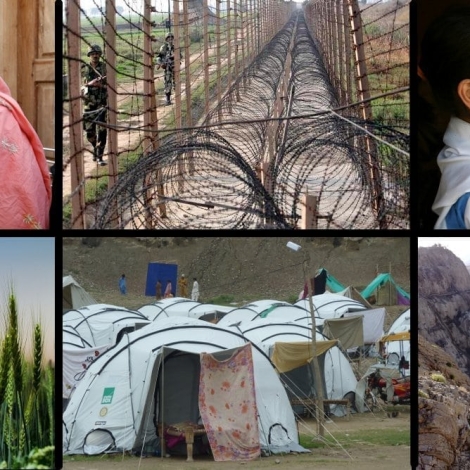Over a weekend of white-knuckled typing, whiteboarding and brainstorming, 12 teams of technologists and entrepreneurs in Cambridge, Mass., plan to solve civic, social and security problems in Pakistan. Coders at Packathon will team with mentors to develop businesses, Web sites, software applications and other products under a 40-hour deadline from Sept. 13 to 15.
Pakathon’s US venue notwithstanding, the event represents a nascent interest in creating technology in Pakistan, its coordinators say.
“It is a recent trend, but there are people in Pakistan doing great work,” Assad Badruddin, who co-founded Pakathon along with Zheela Qaiser, told E4C. Badruddin is a Karachi native, a veteran of a handful of startups and a recent graduate of Tufts University in Medford, Mass.
[quote author=”Assad Badruddin”]People are definitely trying to promote a cultural awareness about entrepreneurship and tech, as it is understood in places like Silicon Valley. Cities like Karachi are thriving with entrepreneurs but most of their companies are not in tech. [/quote]
At the event in Cambridge, the 12 teams will build solutions to problems with one of six themes: violence, education, energy, agriculture, disaster relief and health. The team with the winning plan will take home $5000 to seed its development. We looked to past Pakistani events for ideas of what to expect.

Packathon unites coders and other experts to solve problems in six categories: health, violence, education, agriculture, disaster relief and energy. Photo credits (clockwise from top left: UK Department for International Development, Mukesh Gupta / Reuters, Hashoo Foundation, A. Yaqub / CIMMYT, EU Humanitarian Aid, U.S. Embassy Pakistan
Pakathon is the latest in a year of gatherings of problem-solving coders with sights on Pakistan. There was Startup Grind and also Startup Weekend Lahore, that helped launch more than a dozen businesses. Some of those include SmartRooms, which creates digital information for grade-school students; Cashless Campus, a cash card for universities; and Seed, a tool for sharing food with the needy.
In April, Civic Hackathon Karachi launched Report a Rishwat, a text-messaging service that encourages honesty by allowing people to report officials who ask for bribes.
Pakathon springs from a unique moment in Pakistan’s history as the country is embracing democratic ideals, Badruddin says. ”Many Pakistanis both at home and abroad are taking up civic duty to shape the future of their country,” Badruddin said in a statement.
The country’s democracy has been pocked with military coups – three in the last 50 years. But throughout the tumult, Pakistan has cultivated the sciences and technology. The country has a space program and in 1962 it became the first South Asian country to launch a rocket out of the atmosphere. Then in 1990, Pakistan became the first Muslim country to put a satellite into space.
Pakistani researchers make advances in physics, chemistry and medicine, and, since 1991 the country has sent research scientists to Antarctica.
Pakistan’s economy has also shown promise. In 2005, the investment bank Goldman Sachs named Pakistan among the Next Eleven, the countries that, along with the BRIC countries (Brazil, Russia, India and China), could become leading economic powers in the 21st century.
Poverty persists, however, as does violence and the slew of problems that make international headlines.
With Pakathon, Badruddin hopes to focus on his home country’s strengths and focus on solutions.
“This is an Anti-Conference: we are starting where the conference ends. No talk, just action. We are calling all hackers, educators, lawyers, doctors, dissidents, accountants, physicists, musicians, artists, scientists and entrepreneurs interested in making a difference to step forward and take part,” Badruddin says.
For information, please see Pakathon’s Facebook page.

